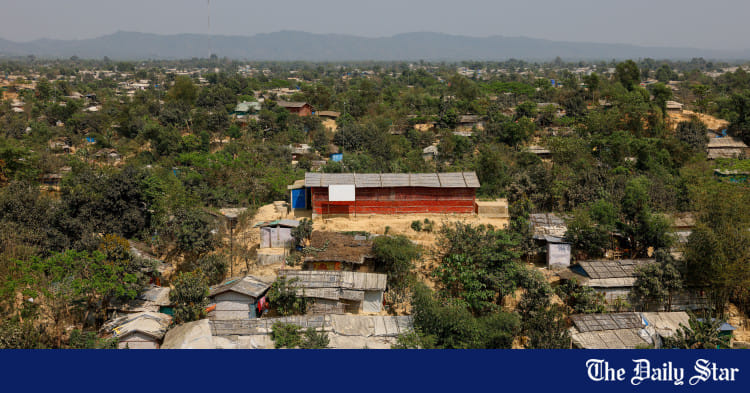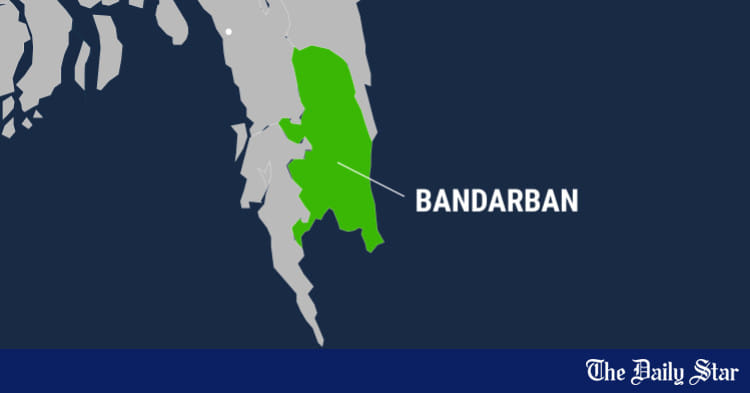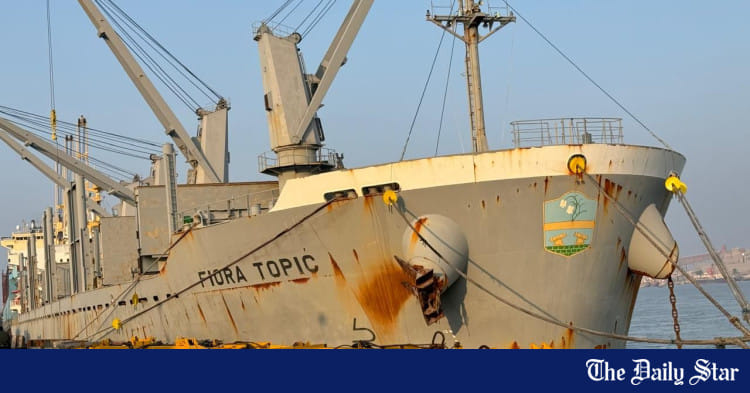Saif
Senior Member
- Joined
- Jan 24, 2024
- Messages
- 16,117
- Likes
- 8,060
- Nation

- Axis Group


Four bodies recovered after Rohingya boat capsizes off Teknaf coast, several still missing
A Rohingya child and three women have been found dead after a boat capsized while trying to enter Bangladesh through the Teknaf coast, according to the local authorities. Several people, including a Border Guard Bangladesh (BGB) member, are still missing. A total of 25 people have been rescued by
Four bodies recovered after Rohingya boat capsizes off Teknaf coast, several still missing
bdnews24.com
Published :
Mar 22, 2025 23:57
Updated :
Mar 22, 2025 23:57

A Rohingya child and three women have been found dead after a boat capsized while trying to enter Bangladesh through the Teknaf coast, according to the local authorities.
Several people, including a Border Guard Bangladesh (BGB) member, are still missing.
A total of 25 people have been rescued by Bangladesh's border security forces.
BGB spokesperson Shariful Islam told bdnews24.com that the boat was heading towards Bangladesh via sea route around 2:30am on Friday.
"Near Shah Porir Dwip, the boat began to sink after its hull cracked. Hearing the cries of the passengers, a nearby BGB patrol team rushed to the scene.
“They rescued 25 people from the boat. During the operation, one BGB member went missing."
The spokesperson added that the missing BGB member's name is Billal Hasan, and he is serving as a sepoy.
bdnews24.com
Published :
Mar 22, 2025 23:57
Updated :
Mar 22, 2025 23:57
A Rohingya child and three women have been found dead after a boat capsized while trying to enter Bangladesh through the Teknaf coast, according to the local authorities.
Several people, including a Border Guard Bangladesh (BGB) member, are still missing.
A total of 25 people have been rescued by Bangladesh's border security forces.
BGB spokesperson Shariful Islam told bdnews24.com that the boat was heading towards Bangladesh via sea route around 2:30am on Friday.
"Near Shah Porir Dwip, the boat began to sink after its hull cracked. Hearing the cries of the passengers, a nearby BGB patrol team rushed to the scene.
“They rescued 25 people from the boat. During the operation, one BGB member went missing."
The spokesperson added that the missing BGB member's name is Billal Hasan, and he is serving as a sepoy.










































